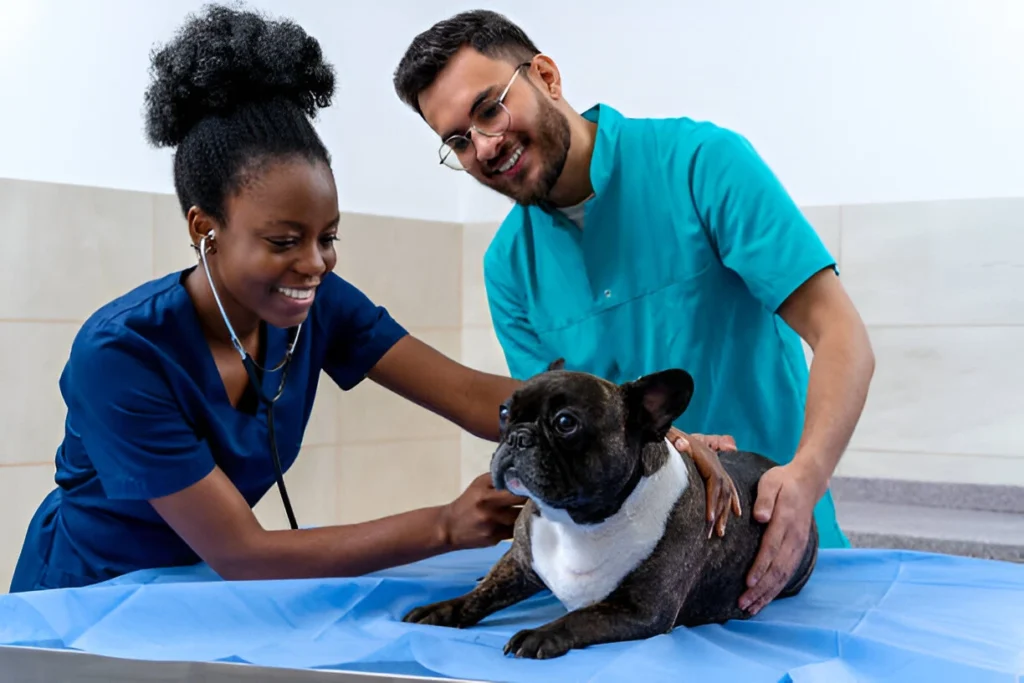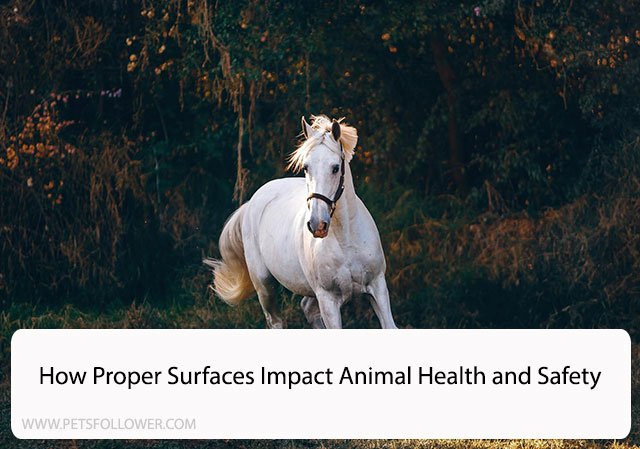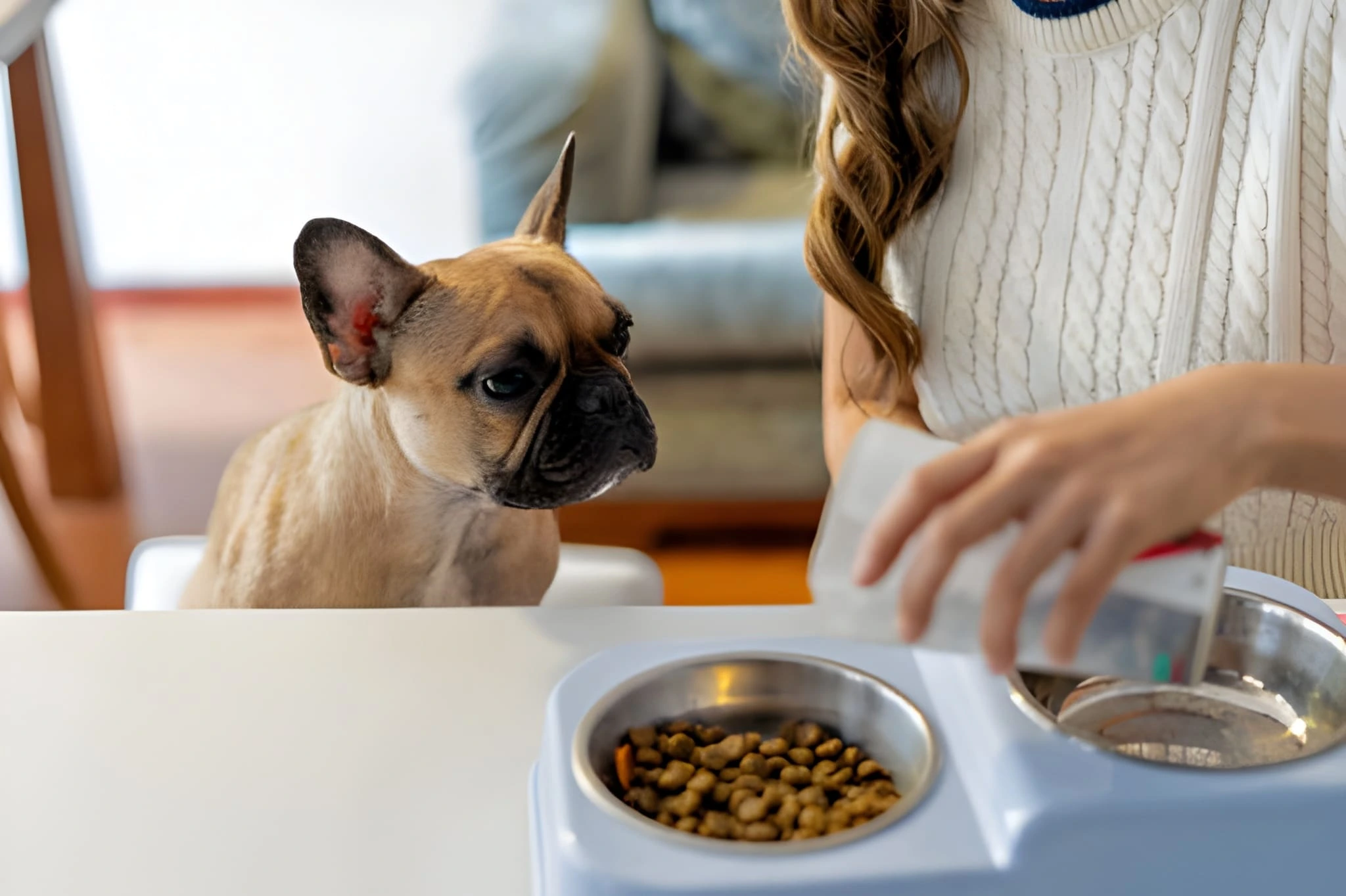
Getting a pet changes everything. Whether you bring home a bouncing puppy, a tiny kitten, or any other furry buddy, your life suddenly gets a lot more interesting. But here’s the thing – keeping them healthy takes more work than just filling up their food bowl every day.
You don’t need to become a pet expert overnight though. Most of this stuff is pretty straightforward once you know what to look for. Your pet is counting on you to help them stay strong and happy, so let’s talk about how to do that right.
Getting Ahead of Problems
The smartest thing you can do is stop problems before they even start. That means taking your pet to the vet regularly, even when they seem totally fine. Yeah, it costs money and your pet probably won’t love the car ride, but it’s worth it.
Your vet will weigh your pet, check their heart, look at their teeth, and spot things you’d never notice at home. They’ll also keep your pet’s shots up to date. Those vaccines might make your pet a bit grumpy for a day, but they prevent some really nasty diseases that could kill them.
Most pets should see a vet at least once a year when they’re young and healthy. Older pets might need to go more often because age brings new challenges.
Big Health Decisions You’ll Face
As your pet gets older, you’ll have to make some pretty important choices about their health care. One of the biggest ones is whether to spay or neuter them. Pet desexing Perth clinics for example, can walk you through what this surgery involves and when it makes sense for your pet.
This isn’t just about stopping your pet from having babies. Spaying female pets prevents nasty infections and cuts down their chances of getting certain cancers. Neutering males helps prevent prostate trouble and testicular cancer. Plus, many pets become calmer and less likely to run off after the surgery.
When to do this depends on your pet. Some can handle it at six months old, while bigger dogs might need to wait longer. Your vet knows your pet best and can help you decide on the right timing.
Food That Actually Helps
What goes in your pet’s bowl matters way more than most people think. You can’t just grab whatever’s cheapest at the store and call it good. Your pet’s age, size, and activity level all affect what they should be eating.
Baby animals need special food to help them grow properly. Adult pets need balanced meals that keep them at a good weight and give them energy. Older pets often do better with food that’s easier on their stomachs and helps their creaky joints.
Pet food labels can be confusing, but look for meat as one of the first ingredients. Stay away from food packed with fillers and weird chemicals. Your vet can point you toward good brands that work for your specific pet.
Here’s something important – most pets eat too much. Seriously. Fat pets have more health problems and shorter lives. Their joints hurt, their hearts work too hard, and they can develop diabetes. Figure out how much your pet should actually eat and stick to it, even when they give you those sad puppy dog eyes.
Keeping Them Moving and Thinking
Pets need exercise just as much as they need food and water. Dogs usually need walks and playtime every day. Cats might prefer chasing toys around the house or climbing on cat trees. The key is finding what your pet enjoys and making it happen regularly.
Exercise isn’t just about burning off energy. Bored pets become problem pets. They’ll chew up your shoes, bark at everything, or knock stuff off your counters because they have nothing better to do. A tired pet is usually a well-behaved pet.
How much exercise your pet needs depends on what type they are and how old they are. A young Lab might need hours of running and playing, while an older Basset Hound might be happy with a couple of short walks. Pay attention to what your pet can handle and adjust from there.
Don’t Forget Their Teeth
Most people completely ignore their pet’s teeth, which is a huge mistake. Bad teeth and infected gums can make your pet really sick. The bacteria can get into their bloodstream and damage their heart and other organs.
You can brush your pet’s teeth with special pet toothpaste. Don’t use the human stuff – it can poison them. There are also dental chews and toys that help scrape the gunk off their teeth while they play.
Your vet should check your pet’s mouth during regular visits. Some pets need professional cleaning where they go under anesthesia so the vet can really get in there and clean everything properly. It sounds scary, but it’s much safer than letting dental disease run wild.
Spotting Trouble Early
Even pets with the best care sometimes get sick or hurt. Learning what to watch for can help you catch problems while they’re still small and easier to fix. Changes in how much they eat or drink, throwing up, diarrhea, acting tired all the time, or just seeming different than usual – all of these things mean it’s time to call the vet.
Don’t sit around waiting to see if things get better. Pets hide their pain really well, so by the time you notice something’s wrong, they might be sicker than you think. When you’re not sure, make the phone call.
Building Good Habits That Last
Keeping your pet healthy for their whole life comes down to doing the right things consistently. Regular vet visits, good food, enough exercise, clean teeth, and paying attention to how they’re doing – it all adds up. Your pet can’t make these choices for themselves. They depend on you to notice when something’s wrong and to make sure they get what they need to stay healthy. It takes some effort, but watching your pet live a long, happy life makes all of it worthwhile. Plus, healthy pets are more fun to be around – they have more energy for playing, more enthusiasm for adventures, and they’ll be your loyal companion for years to come.










